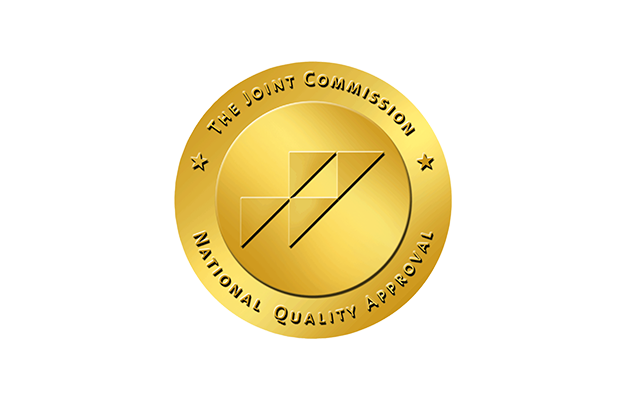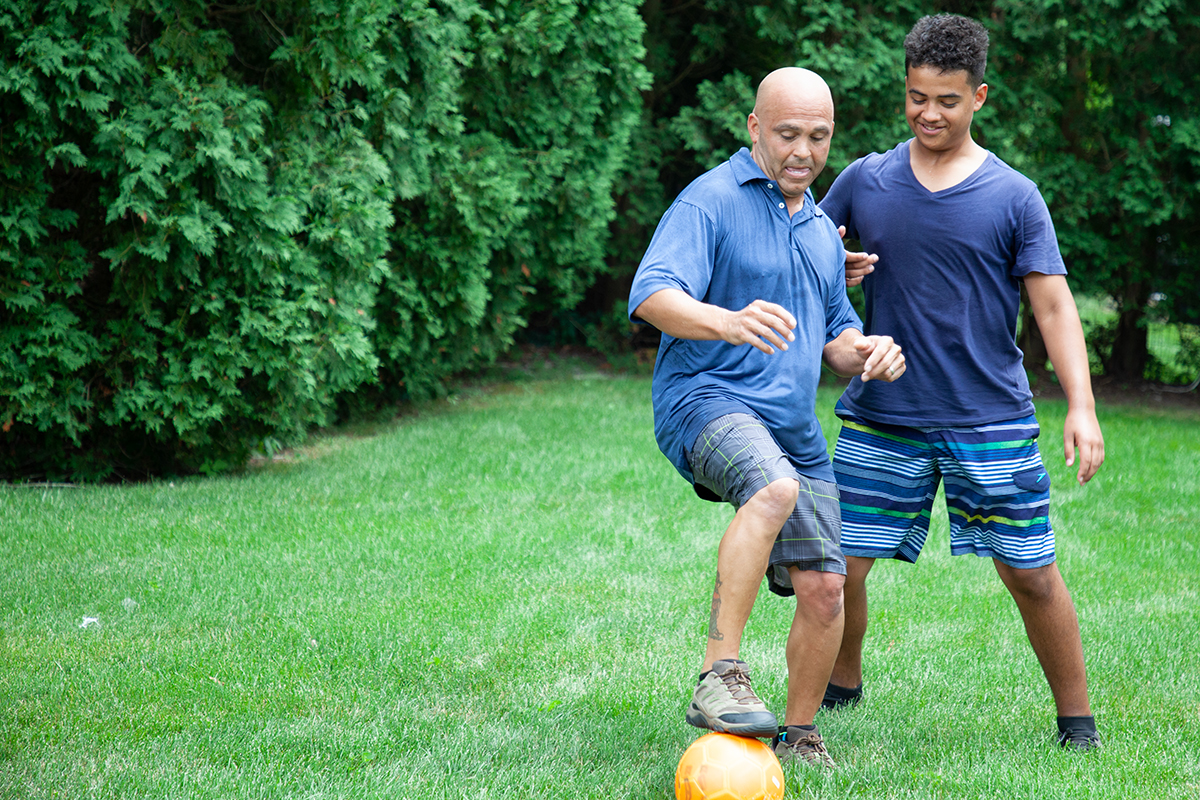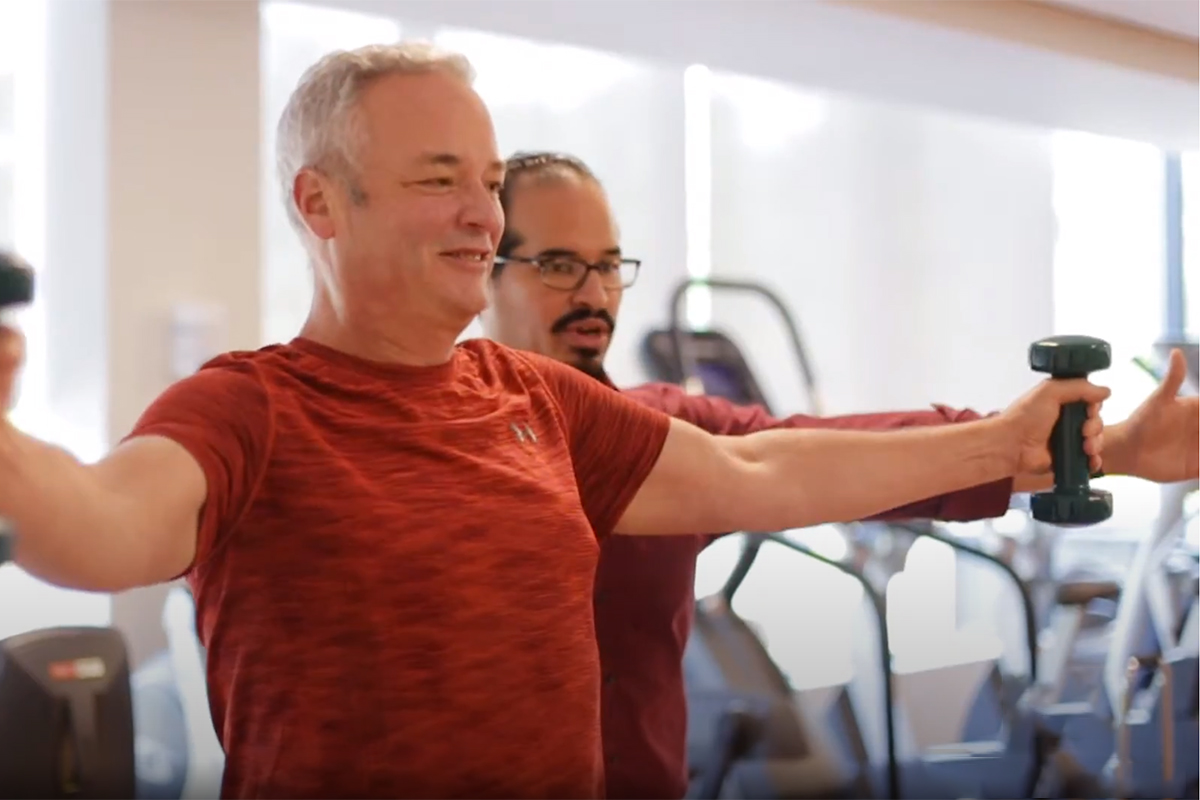Planning begins as soon as your surgery is scheduled. Each patient is paired with a Nurse Navigator, who helps establish realistic goals, reduce pre-surgery anxiety and provide education on what to expect before, during and after surgery. Nurse Navigators guide patients through:
- Preparing your home and body for surgery
- What to bring to the hospital
- Planning for discharge and recovery needs (equipment, home care, transportation)
Patients also complete preoperative testing arranged by their physician. A pre-admission nurse reviews your medical history and any special needs, such as translation services or transportation.
Greenwich Hospital also offers educational programs and seminars led by surgeons, anesthesiologists, physical therapists, and program coordinators. These sessions review the entire process, from surgery through recovery, so patients and loved ones know what to expect.
For more information about joint replacement education programs, call the Joint Replacement Center at 203-863-3697.







